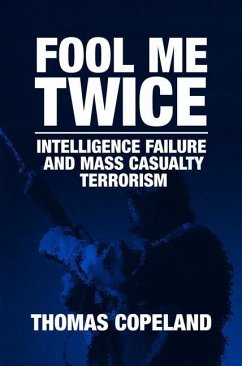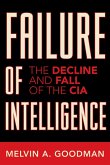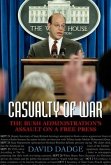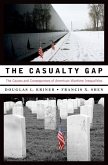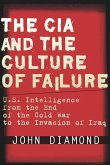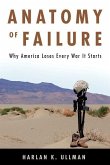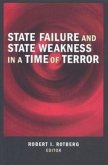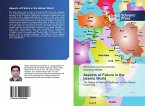This study evaluates whether surprise and intelligence failure leading to mass casualty terrorism are inevitable. It explores the extent to which four factors - failures of public policy leadership, analytical challenges, organizational obstacles, and the inherent problems of warning information - contribute to intelligence failure. The study applies existing theories of surprise and intelligence failure to case studies of five mass casualty terrorism incidents: World Trade Center 1993; Oklahoma City 1995; Khobar Towers 1996; East African Embassies 1998; and September 11, 2001. A structured, focused comparison of the cases is made using a set of thirteen probing questions based on the factors above. The study concludes that while all four factors were influential, failures of public policy leadership contributed directly to surprise. Psychological bias and poor threat assessments prohibited policy makers from anticipating or preventing attacks. Policy makers mistakenly continued to use a law enforcement approach to handling terrorism, and failed to provide adequate funding, guidance, and oversight of the intelligence community. The study has implications for intelligence reform, information sharing, congressional oversight, and society's expectations about the degree to which the intelligence community can predict or prevent surprise attacks.
Hinweis: Dieser Artikel kann nur an eine deutsche Lieferadresse ausgeliefert werden.
Hinweis: Dieser Artikel kann nur an eine deutsche Lieferadresse ausgeliefert werden.

